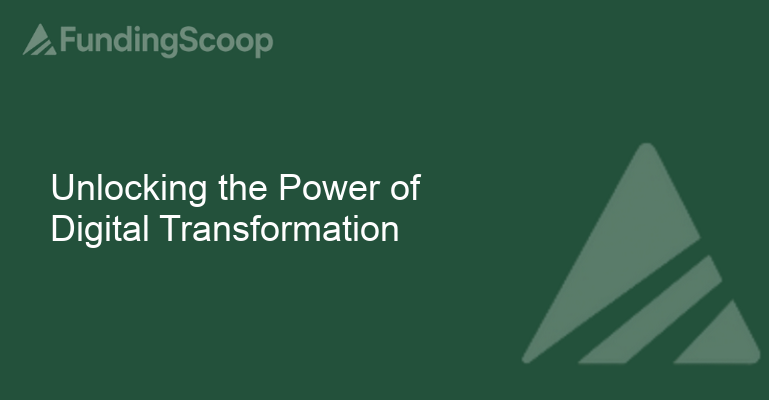
Unlocking the Power of Digital Transformation
Nina Domingo
Digital transformation is revolutionizing government operations, highlighted by IT Minister Shaza Fatima's new project. It's vital for efficiency and relevancy as governments adopt digital strategies. Benefits include improved transparency and service delivery, but challenges remain. Success requires clear strategies and adaptability, emphasizing customer needs. As digital tools redefine services, flexibility and informed policymaking are crucial for progress.
Let's talk about digital transformation for a second. It's not just a buzzword; it's a movement that’s revolutionising how governments operate. Recently, the IT Minister Shaza Fatima launched an ambitious digital transformation project. This endeavour aims to overhaul public service delivery with cutting-edge technology, mirroring a global push for enhanced efficiency and accessibility.
Why It Matters Now
In my conversations with founders and tech leaders, there's a common theme: digital transformation is no longer optional. As governments worldwide, including the UK, increasingly adopt digital strategies, these initiatives become crucial for staying relevant.
Take, for instance, the UK government's ongoing efforts, reflected in the Digital Transformation initiatives that focus on improving customer experiences in public services. Or explore strategic insights in the Government Digital and Data articles that advance these conversations.
Opportunities and Challenges
Here's where it gets interesting: digital transformation promises significant benefits, yet it also poses unique challenges. The potential for improved transparency and service delivery is substantial, but it requires careful navigation of complex technological landscapes.
And honestly? There's merit to both sides. While some organisations experience exponential growth, others struggle with the pace of change.
Breaking Down the Approach
From what I've seen, successful digital transformation often involves clear strategies and stakeholder alignment. For instance, the Department for Environment, Food and Rural Affairs explores using off-the-shelf solutions to streamline operations, a move mirrored by many private sectors.
“What I'm noticing is digital strategies that emphasise customer needs tend to fare better,” Nina explains.
My Take
Nina's take: "In my experience covering hundreds of launches, the key to successful digital transformation lies in adaptability. Each government or organisation must tailor its approach to its unique challenges and opportunities." This isn't just a one-size-fits-all journey.
Ultimately, as digital tools redefine public service landscapes, both teams and policymakers must remain agile and informed to harness these innovations' full potential.
What’s Next?
The reality is more nuanced than the headlines suggest. As digital transformations unfold, the path forward will be paved with both success stories and learning curves. Are you ready to embrace this change and explore your role in this evolving landscape?


